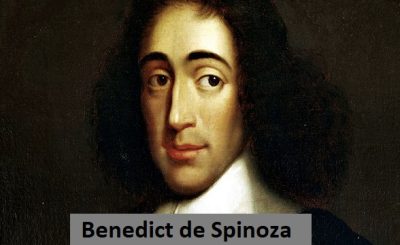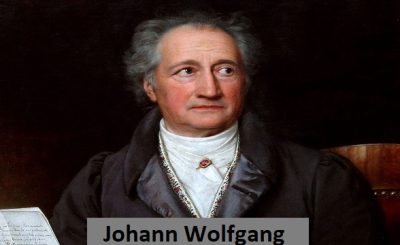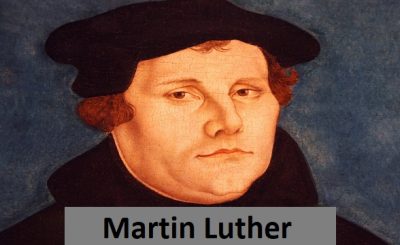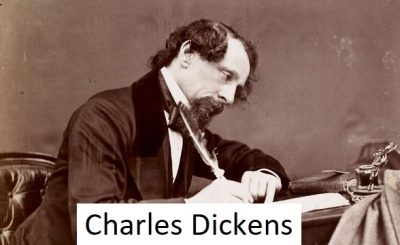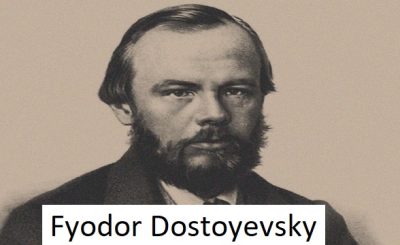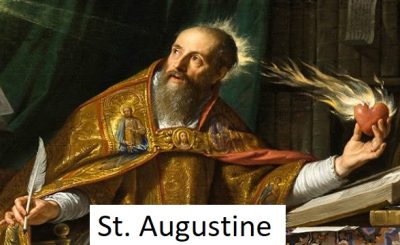Jean–Jacques Rousseau
Jean Jacques Rousseau was a Swiss-born French philosopher, writer, and political theorist who lived from 1712-1778. He is best known for his philosophical works, which influenced the French Revolution and the development of modern political, social, and educational thought. His most famous work, The Social Contract, outlines a model of government based on a contract between the ruler and the people in which the people agree to obey the laws of the state in exchange for protection of their natural rights. Rousseau also wrote about the importance of educating children in his book Emile, or On Education. He is remembered as one of the most influential figures of the Enlightenment.
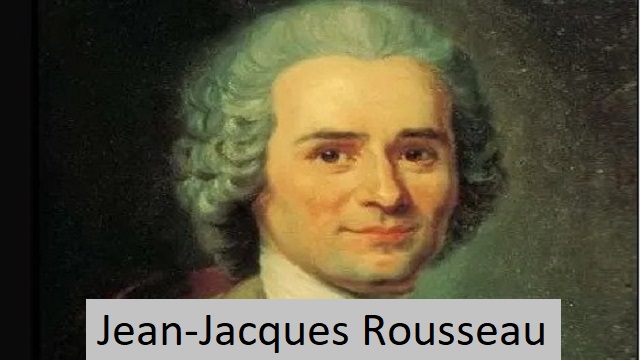
Formative years of Jean-Jacques Rousseau
He was the son of Isaac Rousseau, a watchmaker, and Suzanne Bernard, a seamstress. His mother died when he was only ten days old, and his father had little involvement in his life. He was raised by his aunt, and his early years were spent in poverty. He attended a few schools, but he was an indifferent student and was often in trouble for his lack of discipline. When he was sixteen, he was apprenticed to an engraver, but he was soon dismissed from that position because of his lack of interest in the job. Rousseau eventually left Geneva and traveled around Europe, working odd jobs and studying philosophy and literature. In 1742, he arrived in Paris, where he became a tutor for a prominent family and developed a friendship with the philosopher Diderot. In 1745, he published his first essay, Discourse on the Sciences and the Arts. This work was well received and established Rousseau as an important philosopher. He wrote several works of political philosophy, including The Social Contract, a treatise on government, and Emile, a treatise on education. Rousseau also wrote several autobiographical.
Controversy with Jean-Jacques Rameau
Rameau and Rousseau had a bitter disagreement over the nature of musical expression. Rousseau believed that music should be primarily an expression of emotion and should be judged by its ability to move listeners. Rameau, on the other hand, believed that music should be judged by its technical virtuosity and ability to adhere to rules of musical composition. Rousseau felt that Rameau’s approach was too technical and sterile, while Rameau felt that Rousseau’s approach was too emotional and lacked structure. The two men had a heated exchange in the journals Correspondance littéraire and Mercure de France. Rameau accused Rousseau of being an ignorant amateur and Rousseau accused Rameau of being a pedant. The dispute was never truly resolved, and the two men remained rivals until their deaths.
Major works of political philosophy by Jean-Jacques Rousseau
1. The Social Contract (1762): Rousseau’s most famous work of political philosophy, often considered the foundation of modern democratic thought.
2. Discourse on the Origin of Inequality (1754): This work takes on the fundamental question of why inequality exists in society, ultimately arguing that human society has become too unequal and that humanity must transform itself and return to a more natural state.
3. Discourse on Political Economy (1755): In this work, Rousseau introduced the concept of a social contract between the people and the state, a cornerstone of modern democratic thought.
4. Emile (1762): This work is a treatise on the education of the ideal citizen, outlining the perfect educational system for the formation of a perfect citizen.
5. The Government of Poland (1772): In this work, Rousseau lays out his vision of a perfect republic and makes a critical assessment of existing forms of government.
Years of seclusion and exile
Jean Jacques Rousseau was exiled from his native Switzerland in 1762. He then wandered Europe for the next twelve years, spending time in England, France, Switzerland, and Italy. During this period, Rousseau wrote several of his major works, including The Social Contract, Emile, and The New Heloise. He also repeatedly changed his residence and, following the publication of The Social Contract, was placed under a form of house arrest in Môtiers, Switzerland. Following a period of detention in Paris, Rousseau was eventually granted permission to leave the city and went into self-imposed exile and seclusion on the island of Saint-Pierre in the middle of a lake of Neuchâtel. He continued there until his death in 1778.
Last Decade
The last decade of Jean-Jacques Rousseau’s life was marked by several tragic events. In 1768, his beloved friend, Therese Levasseur, died. A few years later in 1770, Rousseau was forced to flee France after being charged with heresy by the French government and later condemned to life in exile. He spent the majority of the last decade of his life in Great Britain and Switzerland, writing and publishing several of his most famous works, including his treatise on education, Emile; his autobiography, Confessions; and The Social Contract. Despite the turmoil of his life, Rousseau continued to be an influential thinker and his works on political philosophy remain some of the most significant of the 18th century.

